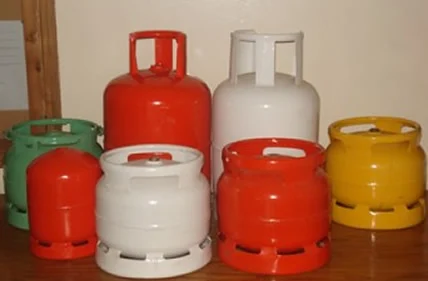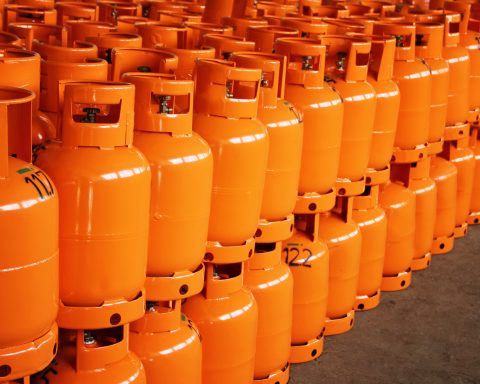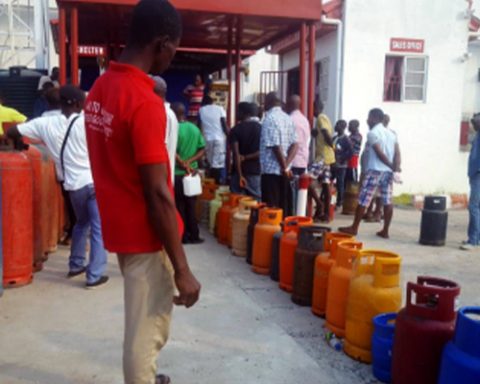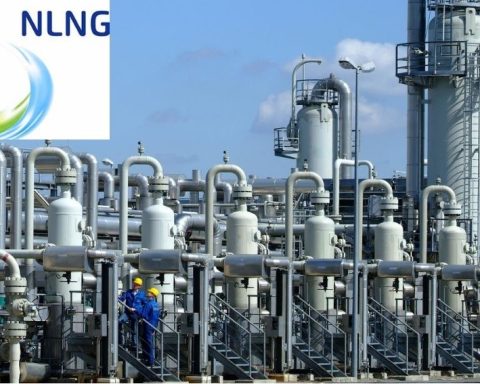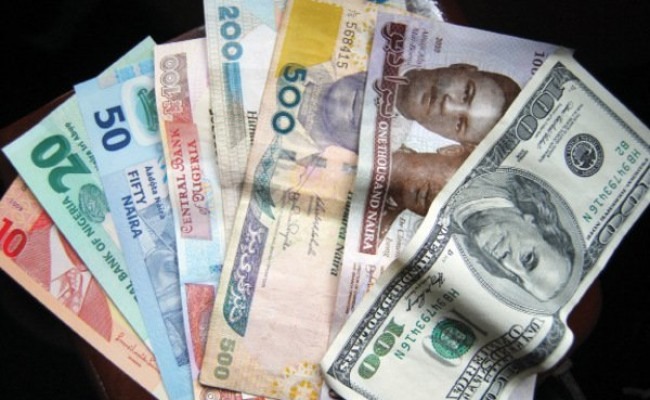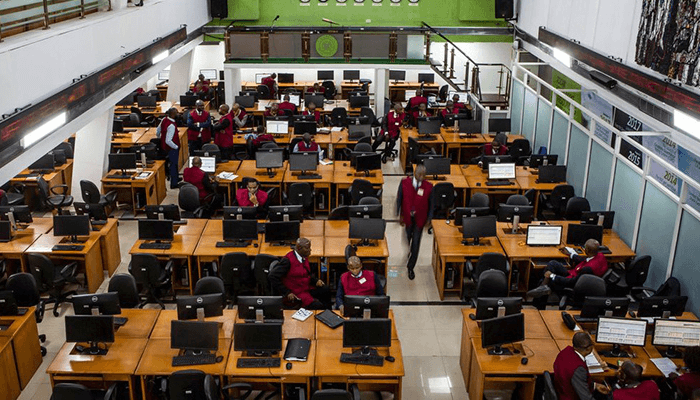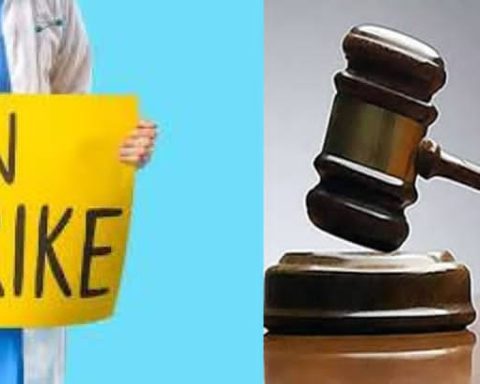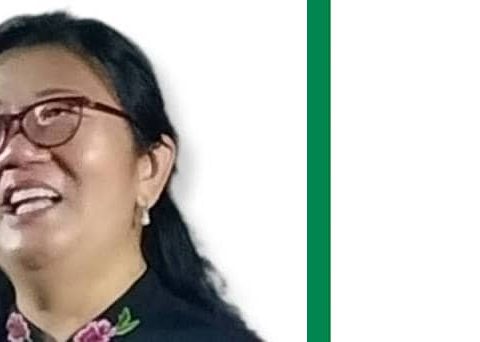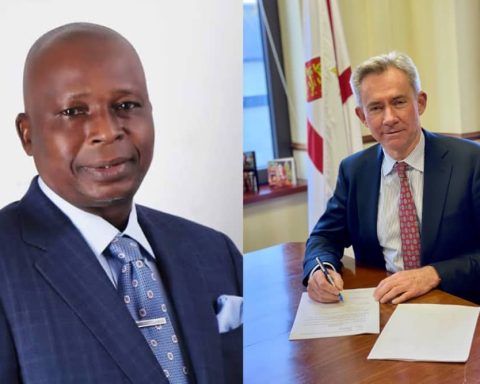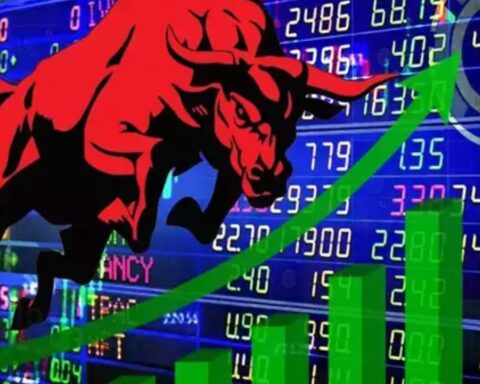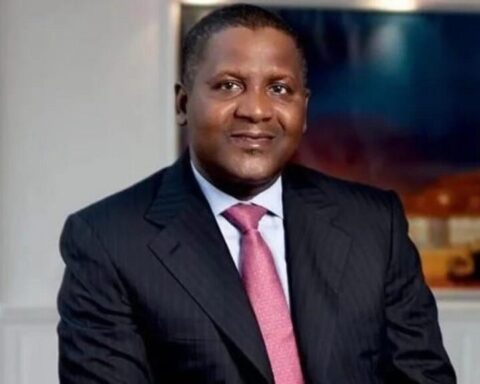Apart from the recent hike in petrol price, Nigerians are also confronted with a 70 per cent surge in price of Liquefied Petroleum Gas (LPG), also known as cooking gas.
This no doubt has taken a heavier toll on income of households as many struggle to feed due to scarcity and high cost.
Join our WhatsApp ChannelAccording to data released by the National Bureau of Statistics (NBS), the average retail price for refilling a 12.5kg cylinder of gas increased year-on-year by 69.15 per cent from ₦9,194 in August 2023 to N15,552 in August 2024.
On a month-on-month basis, it increased by 9.05 per cent from ₦14,261.57 in July 2024.
Analysis of the data on a state by state basis shows that Rivers recorded the highest average retail price for the refilling of a 12.5kg cylinder with ₦17,086. followed by Cross River with ₦17,050 and Abia with ₦17,012.
On the other hand, the lowest average price was recorded in Bauchi with ₦13,425, followed by Nasarawa and Adamawa with ₦13,641 and ₦13,725 respectively.
READ ALSO: Nigerians Groan As Price Of Cooking Gas Rises 16.7% To N1,400/kg In 1 Month
Analysis by zone showed that the South-South recorded the highest average retail price for refilling a 12.5kg cylinder with ₦16,524, followed by the South-East with ₦16,496 while the North-Central recorded the lowest price with ₦14,767.
5kg Cylinder price
Also, the average retail price for refilling a 5kg Cylinder of gas rose on a year-on-year basis by 56.25 per cent from ₦4,115.32 in August 2023 to ₦6,430.02 in August 2024.
On a month-on-month basis, it recorded an increase of 7.62 per cent from ₦5,974.55 in July 2024.
Benue and Sokoto states recorded the highest average price for refilling a 5kg cylinder with ₦7,000, followed by Rivers with ₦6,954, and Borno with ₦6,914.
On the other hand, Taraba recorded the lowest price with ₦5,600 followed by Abuja and Kogi with ₦5,825 and ₦5,857 respectively.
Furthermore, analysis by zone showed that South-east recorded the highest average retail price for refilling a 5kg cylinder with ₦6,585, followed by the South-South with ₦6,451 while the North-central recorded the lowest with ₦6,344.
12kg may Hit ₦18,000 By December – Marketers
There indications that the price of refilling a 12.5kg of cylinder with LPG may hit ₦18,000 by December if the federal government does not intervene to control the activities of gas terminal owners.
READ ALSO: Nigeria’s Gas Gamble: Can The Brass LNG Revival Deliver On Promises?
Why Gas Price Continues to rise
In recent years, there has been an increase in the use of LPG for cooking in many households as people resort to a more cleaner form of fuel.
Analysts have attributed the surge in gas prices to high exchange rate between naira and foreign currencies and also inflation.
The Naira has experienced a significant devaluation in the last one year. Of late, the local currency has further weakened, exchanging almost ₦1,700 against dollar at the official market on Wednesday, 25 September 2024.
Commenting on the cause of the continued rise in price of gas, an Economist, and CEO, Derry Hills Limited, Kelvin Emmanuel, said there are quite a number of factors that contribute to the jump in price of LPG in Nigeria.
According to Emmanuel, who appeared on Channels Television’s Business Morning programme, on Wednesday, Nigeria’s total consumption of LPG has risen by 10 times, from about 220,000 metric tons to around 1.4 million metric tons within the last 10 years.
He observed that this increase in use of LPG was also partly because after deregulation of kerosene prices in 2014, the cost increased, taking away the incentive for users to use kerosene, hence they went for LPG.
Another factor responsible for the high cost of LPG in Nigeria, according to the economist, is that the type of LPG mostly used Nigeria which is Isobutane, suitable for the kind of weather in the country, is not produced in large quantity locally.
He said the type that Nigeria produces in large quantity is Propane which is better in the West where they have cold temperature and snow.
“Now the LPG used in Nigeria is mostly Isobutane and a little of Propane. Nigeria produces more propane than isobutane. Isobutane is C4 Propane is C3. Last year, Nigeria exported about 800 metric tons of Propane and then imported about 700,000 metric tons of Isobutane, because isobutane actually has a higher melting point and a lower boiling point. So it’s better for temperature in tropical countries like Nigeria that has the kind of weather we have. And then Propane, on the other hand, is better in the West, where they have snow and Summer and then Autumn, and then they have strength,” Emmanuel explained.
He further stated that another factor limiting gas availability in Nigeria is what he called lack of “bulk storage terminals.”
He said Nigeria previously had about 18,000 metric tons, but added about 30,000 metric tons in bulk storage terminals, this week, making it to increase to about 48,000 metric tons in bulk storage terminals.
He said expressed optimism that when Dangote Refinery comes on stream, in the area of LPG production, it is going to add another 297,000 metric tons of bulk storage terminal for LPG thoroughput.
The economist clarified that the increase in price of LPG is mainly due to cost of import (which involves exchange rate) and distribution to various points across the country from the depot.
“Another very important point you need to consider is the exchange rate,” Emmanuel stated.
He said most gas importers don’t have access to FX at the official market rate, which makes them increase their prices to be able to get FX from the black market.
He maintained that the jump in price of LPG is most because of the exchange rate. “The exchange rate is actually a major factor, and that exchange rate also affects landing cost, because the cost of diesel has changed,” he explained.
On the projections about the LPG price rising to ₦18,000 by December, he insisted that it will come to reality “unless something different happens.”
Victor Ezeja is a passionate journalist with seven years of experience writing on economy, politics and energy. He holds a Master's degree in Mass Communication.


